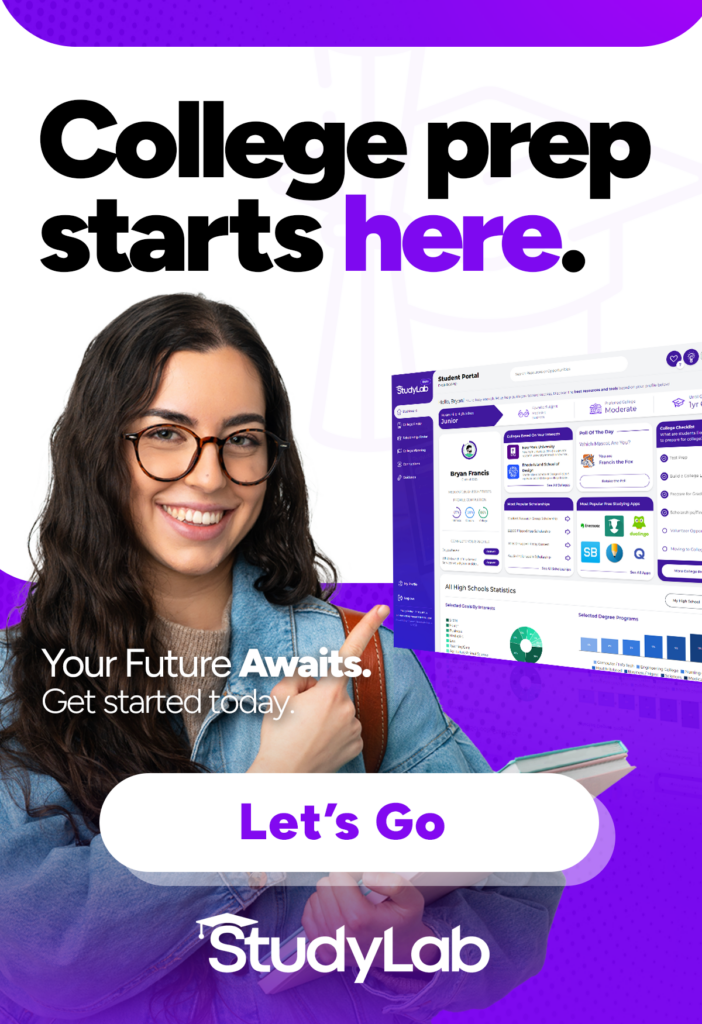Research from the Department of Labor, academic researchers, and consulting companies tells us a great deal about the jobs of the future – and about what students should be studying in college today.
But we have recently been looking at another valuable indicator of the skills that are in demand to fill jobs . . .
The microdegree courses that are being offered by different providers
As you know, microdegrees (which can also be called nanodegrees, badges, certificates, and by other names) are surging in popularity, and for a very good reason. They allow students to earn a marketable credential in far less time than it would take them to go back to college, full or part-time, to earn a full-blown degree. And because microdegree programs teach skills that are in demand in the workplace, they serve as a good indicator of the skills that are needed to fill jobs today.
What Mini-Majors and Subjects Are Being Taught?
We logged some time making this list of skills that are being taught in courses that are currently available from a variety of providers. It’s a fascinating list that includes many of the skills that can help students get jobs today.
- Accounting
- Android and iOS application development
- Artificial intelligence
- Big data
- Bioinformatics
- Bitcoin
- Blockchain
- Business analytics
- Cloud computing
- Cybersecurity
- Data science
- Digital marketing
- Digital product management
- e-Learning
- Entrepreneurship
- Financial modeling
- Game theory
- Google AdWords
- Graphic design
- HR management
- Instructional design
- Internet of things
- Machine learning
- Marketing analytics
- Neural networks
- Programming and coding
- Project management
- Robotics
- Self-driving car technologies
- Search engine optimization (SEO)
- Social media marketing
- Software design
- Solar energy engineering
- Supply chain management
- Sustainable energy
- Training development
- User experience research
- Virtual reality
- Web developer skills
Participate in a Student Research Foundation Career Pathway Study and you will be empowered with new information to make career and educational decisions that ultimately align with your interests, passions, and aptitudes.
Related Posts
Today’s Students, Tomorrow’s Teachers
The Importance of Career Knowledge
What Influences Student Career Choices?

